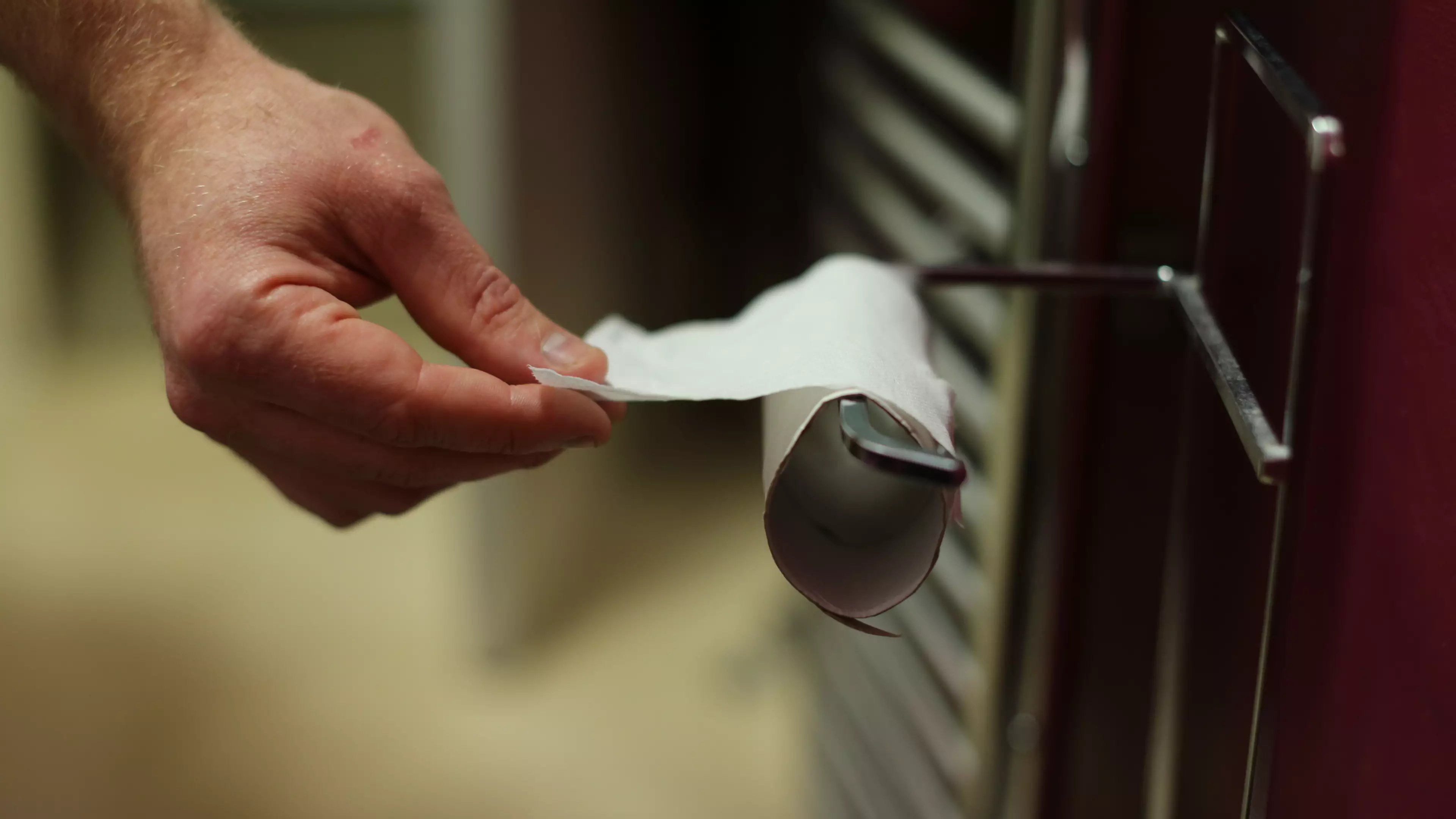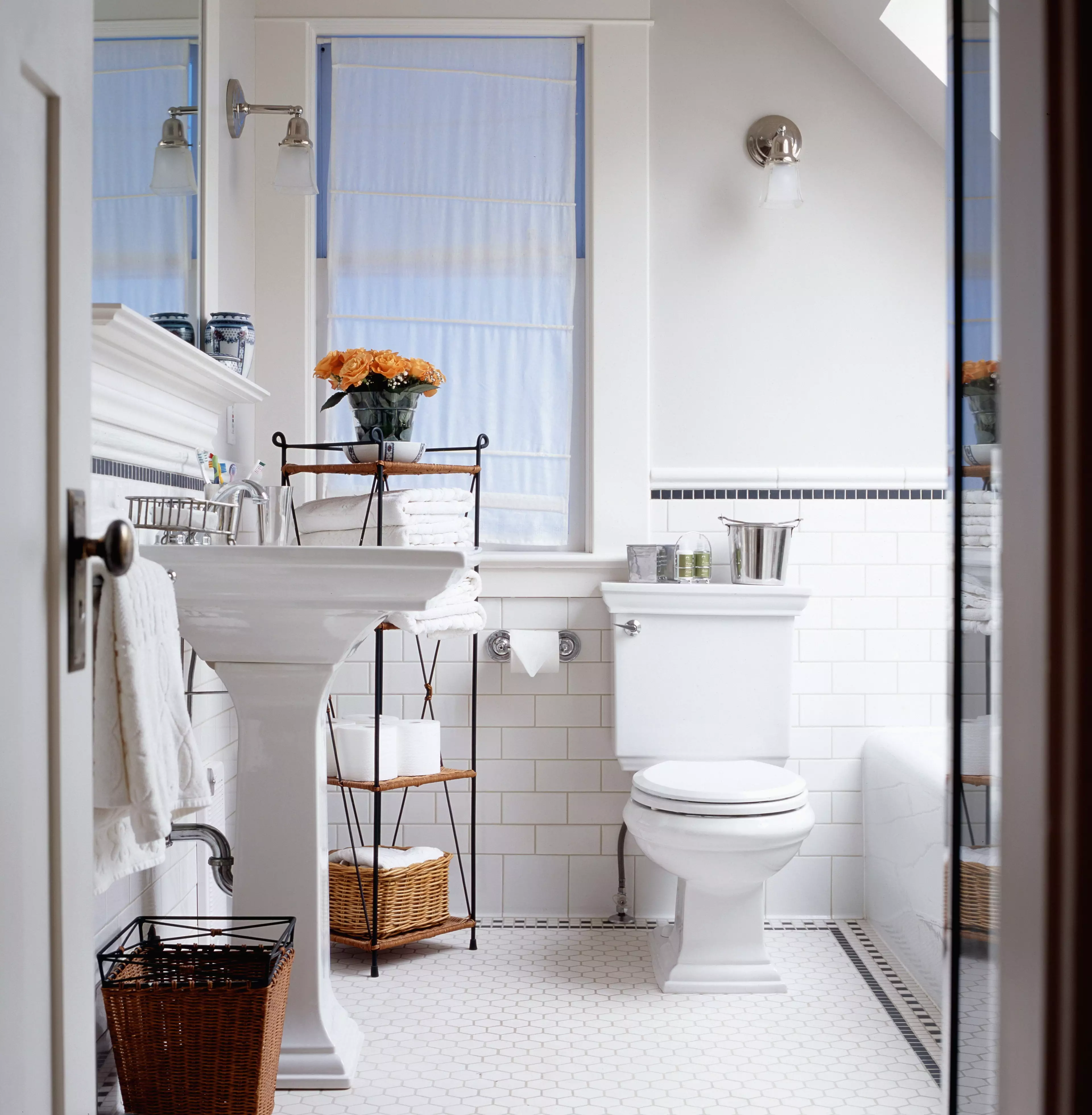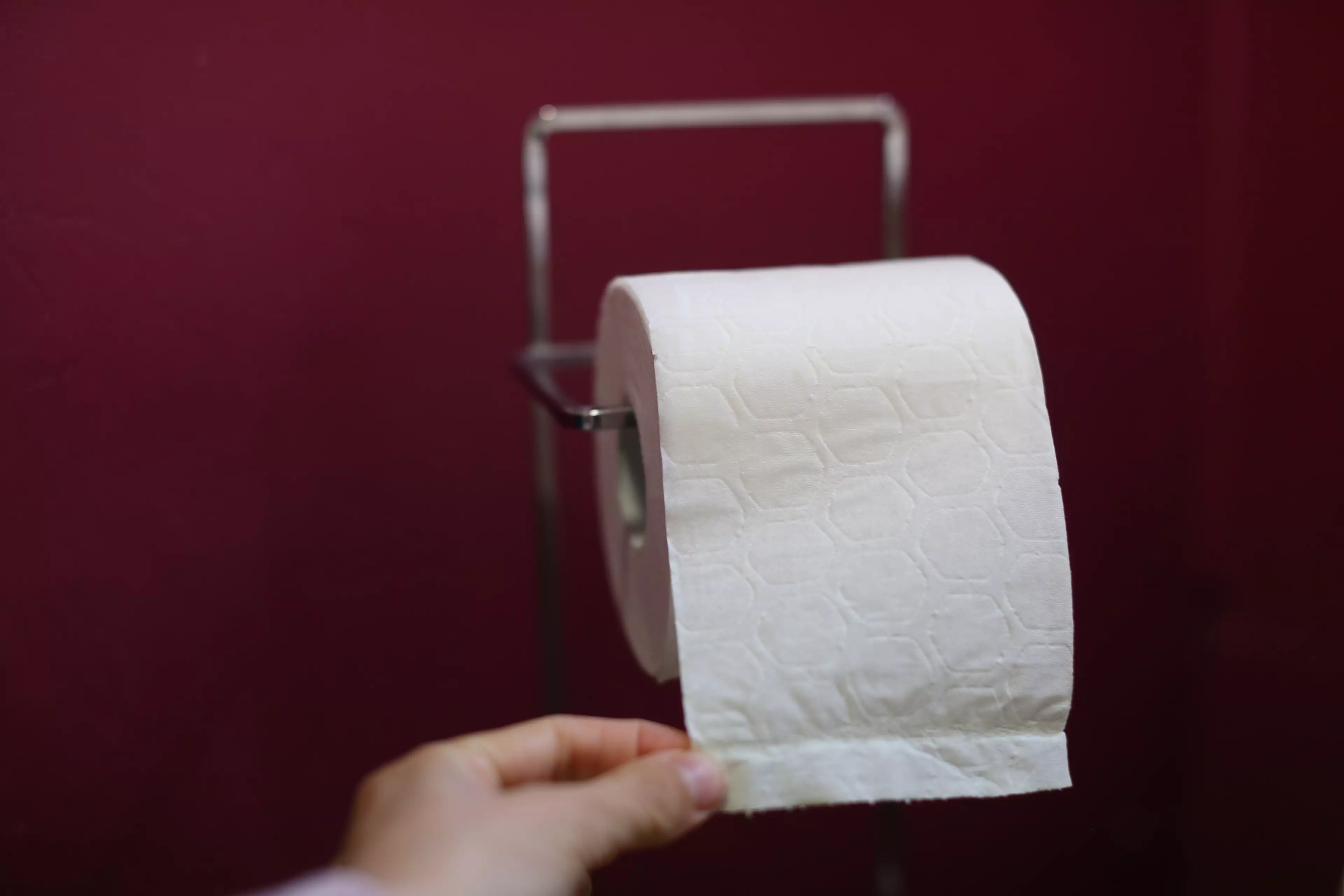
Many people will be able to cast their minds back to being told just before a lengthy car journey to go for a wee 'just in case'.
Maybe you say it now to the children around you - or maybe you're still reminded. The reason behind it was to stop any accidents. To stop you having a p*** on your dad's backseats. But it might not have actually been beneficial.

According to one doctor, having these types of toilet breaks can lead to a vicious cycle of needing the toilet all the time. It doesn't just have to be before a car journey but it can also be before bed or before a meeting is set to take place.
Advert
And here we are thinking we're doing the right thing.
Prof Stergios Doumouchtsis is a leading expert in urogynaecology which, you may have guessed, is all to do with urine: incontinence, prolapse, urinary tract infections (UTIs), bladder pain, as well as much more.
Speaking to The Sun, he explained: "On a circumstantial basis, it's fine to do it. It's widely done and won't do any harm.
"But it starts affecting the bladder when you do it always - for example if you're a school teacher and you go habitually every hour between each class. This can result in a change to the bladder function.
Advert
"Essentially you sensitise the bladder, it becomes more sensitive. The bladder learns to give you signals of fullness at lower volumes.
"The purpose of the bladder as a reservoir for urine can become compromised, and therefore the bladder will start needing the toilet and sending you signals of urgency too early, when the volumes of the bladder are lower, or more frequently.
"The bladder won't necessarily become anatomically smaller. But functionally it is smaller.
"Therefore it can affect our activities because we become more engaged to the bladders' calls."

So what's the solution, or, how can we prevent issues? Well Prof Doumouchtsis says that the best course of action is to avoid 'creating anxiety' when it comes to emptying the bladder.
Advert
Makes sense.
Unsurprisingly, women are more likely to suffer from problems than men when it comes to incontinence issues. Childbirth aside, if anyone's going to get the short straw it'll probably be women.
Prof Doumouchtsis worries that women drink too much water or fluids resulting in them needing more bathroom breaks.
And all we're trying to is hydrate.
Advert
He went on: "You see more and more women carrying a large tank or bottle of drink all the time.
"Having a drink of water in front of us at all times can give us a subconscious tendency to drink more.
"Sometimes we don't realise we are overloading ourselves with drinks, and then the bladder has to work more, and then we start this vicious cycle of going to the toilet just in case. This perpetuates the problem."
Essentially, we should steer away from extremes. This includes waiting until you are busting to use the toilet. Sounds like we all need to find a happy medium.
Featured Image Credit: PATopics: Interesting, Community